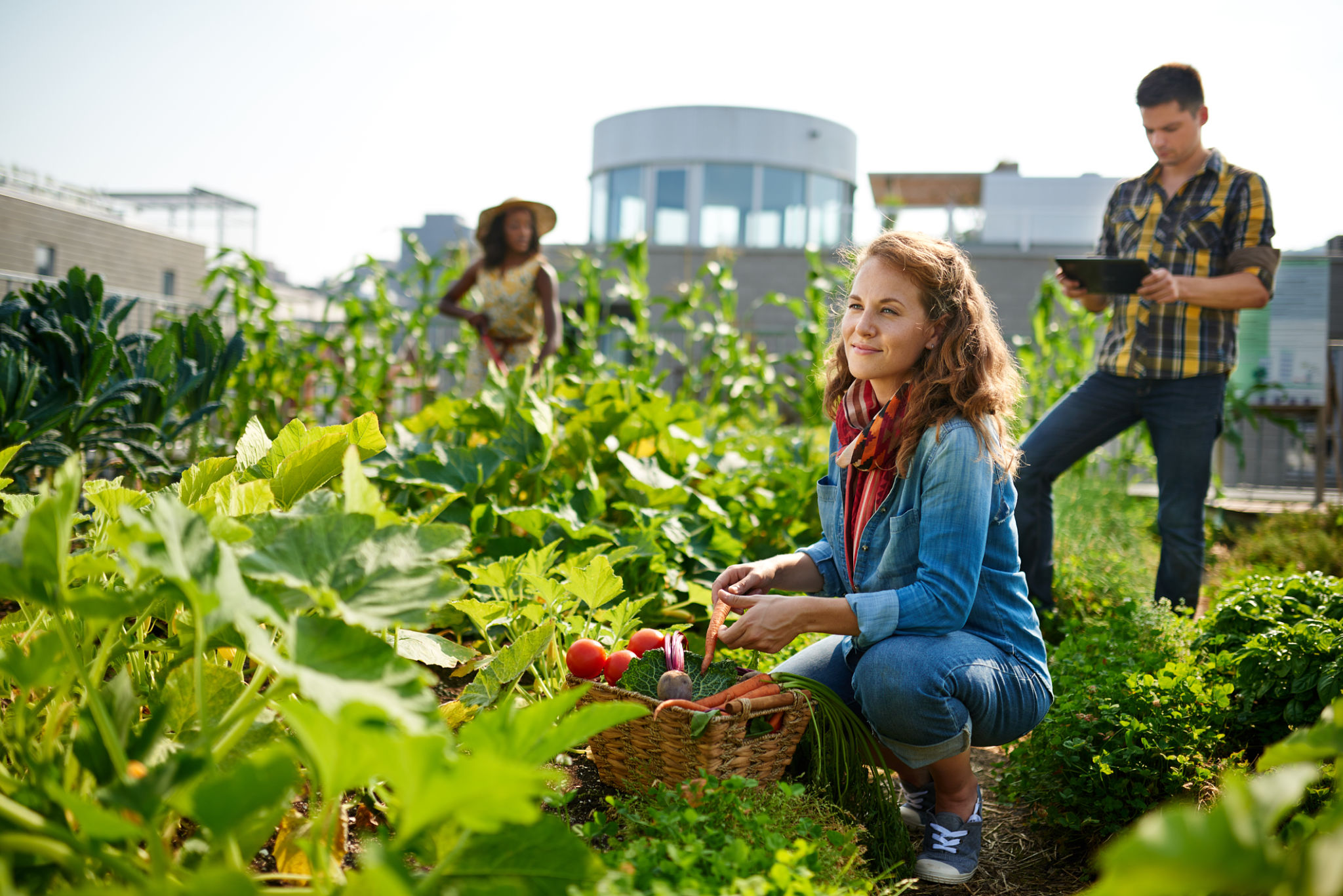10 Expert Tips for Successful Organic Farming at Sunrise Farm Lombok
Embrace Sustainable Practices
At Sunrise Farm Lombok, embracing sustainable practices is at the heart of successful organic farming. This approach not only benefits the environment but also enhances soil fertility and promotes biodiversity. Implementing crop rotation and using natural pest control methods are key components of this strategy.
Crop rotation helps prevent soil depletion and reduces the risk of pest infestations. By alternating different types of crops, farmers can maintain a balanced ecosystem and improve soil health. Additionally, using natural predators and organic pesticides can effectively manage pests without harming beneficial organisms.

Understand Your Soil
Successful organic farming begins with understanding your soil. Conducting regular soil tests can provide valuable insights into its nutrient content and pH levels. This information is crucial for selecting the right crops and determining the necessary amendments to improve soil health.
Incorporating organic matter such as compost or well-rotted manure enhances soil structure, increases nutrient availability, and improves water retention. This practice fosters a thriving environment for plant growth, leading to healthier and more productive crops.
Choose the Right Crops
Selecting crops that are well-suited to the local climate and soil conditions is essential for success. At Sunrise Farm Lombok, we focus on growing a diverse range of crops that thrive in our unique environment. This diversity not only supports soil health but also provides a buffer against adverse weather conditions and market fluctuations.

Implement Efficient Water Management
Water management is a critical aspect of organic farming. Efficient irrigation techniques, such as drip or sprinkler systems, ensure that water is delivered directly to the plant roots, reducing waste and promoting healthy growth. Additionally, rainwater harvesting can provide a sustainable source of water for irrigation needs.
Mulching is another effective practice for conserving moisture. By covering the soil with organic materials like straw or wood chips, evaporation is minimized, and soil temperature is regulated, creating a more stable growing environment.
Foster Biodiversity
Encouraging biodiversity on the farm enhances ecosystem resilience and productivity. Planting hedgerows, wildflower strips, and cover crops attract pollinators and beneficial insects, reducing the reliance on chemical inputs for pest control.

Intercropping, or growing different crops in proximity, supports biodiversity by providing various habitats and food sources for wildlife. This practice also promotes nutrient cycling and aids in weed management.
Maintain Continuous Learning
Organic farming is an ever-evolving field, with new techniques and technologies emerging regularly. Staying informed about the latest research and attending workshops or seminars can help farmers at Sunrise Farm Lombok refine their practices and improve their yields.
Networking with other organic farmers provides valuable opportunities for knowledge exchange and collaboration, fostering a community-oriented approach to farming success.
Monitor and Adapt
Regular monitoring of crop health and farm conditions allows for timely interventions and adjustments. Keeping detailed records of planting dates, weather patterns, and pest occurrences helps identify trends and make informed decisions for future growing seasons.

Being adaptable and open to change is crucial in organic farming. As conditions vary from year to year, flexibility in crop selection, planting schedules, and management practices can make a significant difference in achieving success.